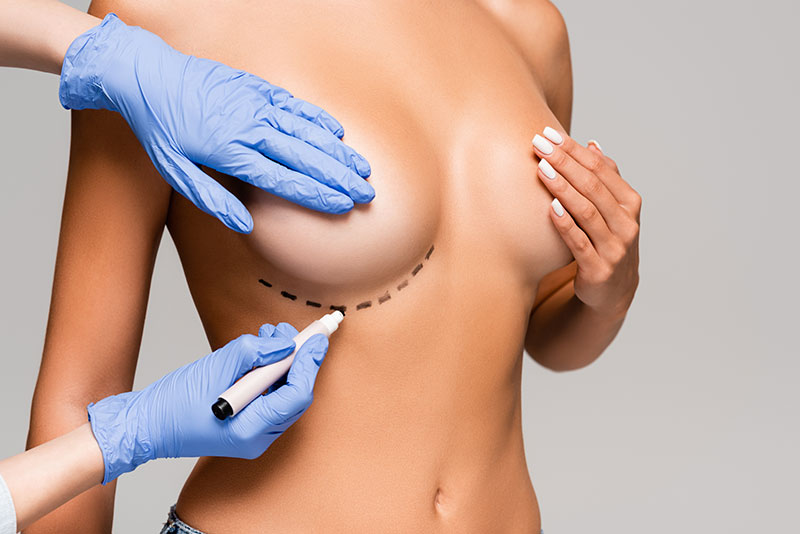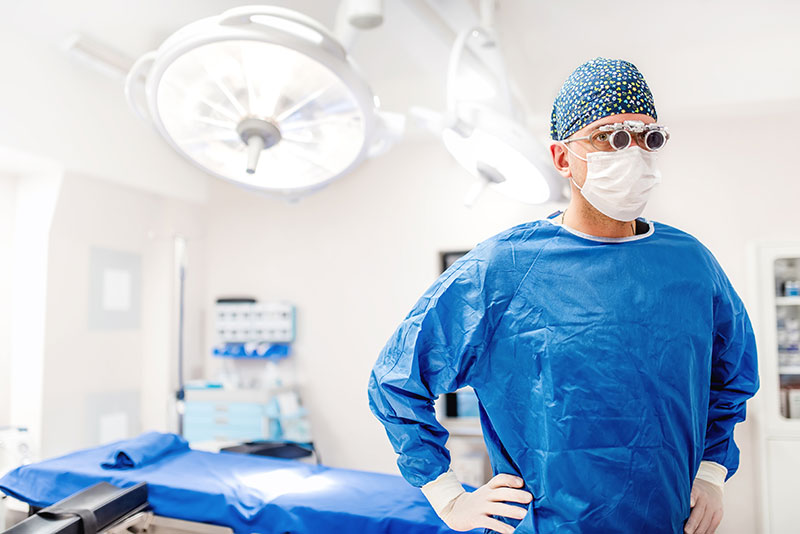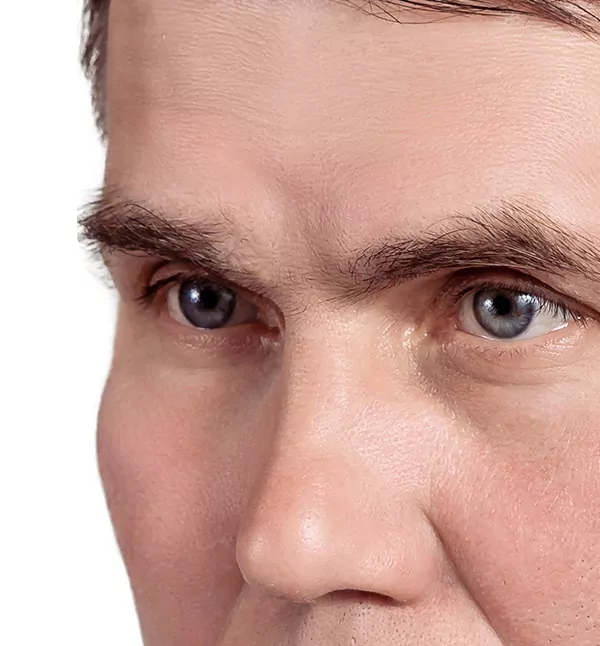
Breast Augmentation
Breast augmentation surgery in Turkey is a highly sought-after procedure among women who are looking to enhance their breast size and shape. Turkey has become a popular destination for cosmetic procedures due to the country’s advanced medical facilities, experienced surgeons, and cost-effective surgery options. The breast augmentation surgery in Turkey is performed using the latest techniques and technologies, ensuring the highest possible outcomes for patients. The surgeons in Turkey use only FDA-approved breast implants, and they offer a range of implant sizes and types, including saline, silicone, and cohesive gel implants, to cater to individual patient needs. Moreover, Turkey’s location at the crossroads between Europe and Asia means that patients get to experience a vibrant cultural diversity that adds to the overall appeal of getting breast augmentation surgery in Turkey.
How much does it cost?
Breast augmentation in Turkey has become increasingly popular due to the combination of expert surgeons and competitive pricing. The average breast implants Turkey price can range from €3,500 to €4,500.

Breast implant surgery is usually carried out under general anaesthetic.
The operation involves:
- making a cut (incision) in the skin next to or below the breast
- positioning the implant – either between your breast tissue and chest muscle, or behind your chest muscle (as discussed during your consultation)
- stitching the incision and covering it with a dressing
The operation takes between 60 and 90 minutes.
You may be able to go home the same day, or you may need to stay in hospital overnight.
You’ll be given pain relief if you experience any discomfort afterwards.
Recovery
You should be able to move around soon after having breast enlargement surgery.
It can take a few weeks to fully recover from surgery, so you should take a week or 2 off work. You should not drive for at least 1 week.
Some surgeons recommend wearing a sports bra 24 hours a day for up to 3 months after breast surgery (check with your surgeon).
Avoid heavy lifting or strenuous exercise for at least a month.
- After 1 or 2 weeks: your stiches will be removed (unless you had dissolvable stitches).
- After 6 weeks: you should be able to return to most of your normal activities. Your scars should also start to fade.
- After a few months: your breasts should start to look and feel more natural. You may be able to stop wearing your sports bra.
It’s safe to sunbathe and fly if you have breast implants.
What could go wrong
Breast implants can sometimes cause problems, including:
- thick, obvious scarring
- the breast feeling hard because scar tissue has shrunk around the implant (capsular contracture)
- a ruptured implant – this may cause small tender lumps (siliconomas), which are only noticeable on breast scans; the implant will need to be removed
- creases or folds in the implant
- the implant rotating within the breast, resulting in an abnormal shape
- rippling of the implant – this happens when the implant is only covered by a thin layer of tissue which sticks to the surface of the implant, and is very difficult to treat
- nerve problems in the nipples – they may become more sensitive, less sensitive, or completely numb; this can be temporary or permanent
- when breastfeeding, producing slightly less breast milk than you would without implants
Also, any type of operation carries a small risk of:
- bleeding and clots – blood clots can be life threatening
- infection – this is rare and would need to be treated with antibiotics
- an allergic reaction – to medicine or products used during surgery, such as antibiotics or latex
Your surgeon should be able to tell you more about these problems, including how likely they are and how they’ll be corrected if you have them.






